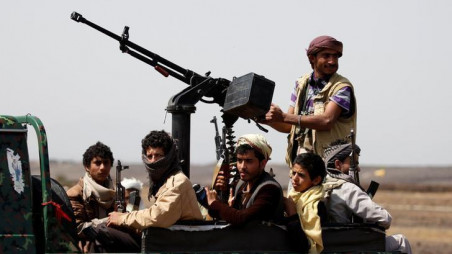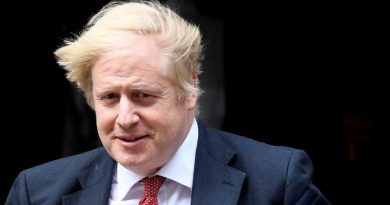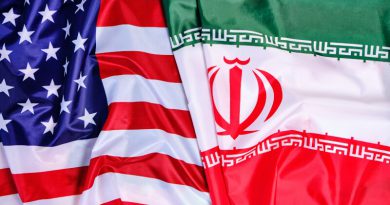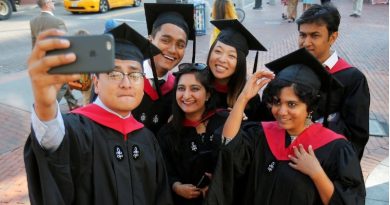Clashes in oil-rich Shabwa test Yemen’s new presidential council
Dubai (Reuters) – Yemen’s new presidential council is under strain over clashes between nominal allies in oil-rich Shabwa this week, imperilling Saudi Arabia’s efforts to strengthen an anti-Houthi coalition and potentially complicating international peace efforts.
The fighting in the south between forces of rival factions in the Political Leadership Council (PLC), formed in April, led member Abdullah al-Alimi to quit, but he was persuaded to rescind his decision to stabilise the PLC, a source close to Alimi said.
Local media had also reported Alimi’s resignation late on Wednesday because of three days of clashes in Shabwa’s Ataq between forces of the Giants Brigade, backed by the United Arab Emirates, and those of the Islah Party, to which Alimi belongs.
The fighting, in which authorities reported deaths without giving a number, has been the fiercest in Yemen since April, when a U.N.-sponsored truce between the coalition led by Riyadh and the Houthi group, de facto authorities in the north, was agreed and then extended twice to Oct. 2. It has largely held.
PLC head Rashad al-Alimi said in a statement on Wednesday that the Shabwa confrontation was “dragging us to conflict and far from the spirit of consensus” and that he acted to “eradicate strife” by dismissing some military leaders in the province and forming a committee to investigate the violence.
The eight-member PLC assumed the powers of the internationally recognised president-in-exile in April under Saudi auspices but analysts say that whether it can maintain cohesion, given its members’ competing agendas, is uncertain.
Saudi Arabia, which has struggled to hold together Yemeni factions under the anti-Houthi alliance, is fatigued by a costly war that has been a point of tension with the United States.
The coalition intervened in Yemen in March 2015 after the Houthis ousted the Saudi-backed government from the capital, Sanaa, in late 2014.
The United Nations is pushing for an extended and expanded truce to pave the way for a permanent ceasefire and negotiations on a political settlement to end the conflict, which has killed tens of thousands and caused a dire humanitarian crisis.



